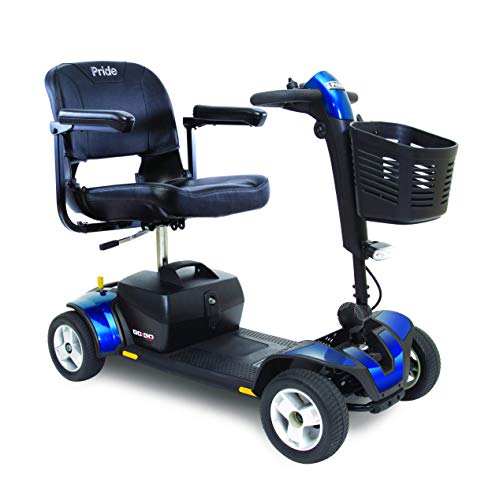20 Trailblazers Lead The Way In Personal Transportation

What Is Personal Transportation?
Private transportation is the utilization of private transport vehicles. This can include cars as well as bikes scooters, unicycles, and even scooters. It could also refer to the use of public transportation systems.

Private transportation can save you time and get you to your destination faster. It's also more comfortable and provides an element of privacy that's not offered in public transportation.
Cost
The cost of personal transportation can be a big burden for many families. This can make it difficult for families to save or invest money in other areas. Fuel can be a costly expense. There are methods to reduce your expenses for transportation.
Despite all the advantages there are still many who prefer private transport for their commute. They consider it to be the most convenient and comfortable method of getting around. They may even choose to have their own chauffeur for their trips. This type of transport can be more expensive than public transport however it provides more comfort and peace of mind.
In the future the personal vehicle will likely become more electric as EVs benefit from advancements in battery technology and charging infrastructure. EVs are also more accessible and emit less carbon dioxide than conventional cars. This will make it easier to switch from gasoline to EVs. This will lower GHG emissions and traffic congestion.
Public transport offers many advantages and is a great alternative to private transportation. The cost of mass transit is lower and environmentally friendly than private vehicles. Additionally, it offers many benefits and is often equipped with security cameras to ensure the security of passengers. It can also assist passengers avoid parking fees and maintenance. The main downside of public transportation is that it can sometimes be unreliable and slow. Traveling with children or elderly can be difficult. This can lead to delays and result in a missed medical appointment.
Time is a factor.
The time needed to complete a personal transportation task can be a significant influence on the lives of individuals. For example, commuting to work takes often too long for those who have busy schedules. It is possible to cut down on the amount of time they spend commuting by taking a carpool at home, working from home, or staying closer to their jobs. They can also save time by walking or riding a bike instead of driving.
The development of new technologies could revolutionise the personal transportation field. This includes electric vehicles that have solid-state batteries, which permit longer ranges and faster charging times. These technologies also improve security and reduce traffic congestion by optimising traffic management. Autonomous cars are a different advancement that will make traveling more convenient and comfortable. They can even help people stay in shape by keeping them moving.
You can also learn more about privacy.
Privacy is a crucial aspect of personal travel. People who value their privacy often prefer to drive or ride in private vehicles rather than on public buses or trains, which share space with strangers. Public transport is also perceived as less secure and can have a negative impact on personal safety. This is especially the case for older people who are more likely to be concerned about their safety.
The lack of privacy can also be a significant issue for those who travel with children. Being in the same space as other passengers can be a stressful experience for children and can result in behavioral issues such as aggression and hyperactivity. This is why parents are increasingly opting to travel in private vehicles to ensure their children's privacy. four wheels electric mobility scooter reduces the stress associated with transporting children and the time spent in commuting. This can help to save money on childcare costs.
Convenience
Using personal transportation is a crucial aspect of life, however the choice you make can have significant effects on your health and well-being. Before you decide on the best method of transportation for your needs it is essential to weigh up the pros and cons.
A few people prefer public transportation which is typically less expensive than private transportation and requires less maintenance. Furthermore it has a lower environmental impact, as it does not emit as much carbon dioxide per person. It can also save you the expense of parking and fuel, while providing more convenience and flexibility during your daily commute.
However public transport can be unstable and there are dangers associated with it. You could be a victim of criminals or be unable to reach your destination in time due to mechanical or weather problems. Additionally, many bus and train routes are jammed and it is difficult to move around and relax.
On the other side, private transportation is a great way to travel around in comfort and privacy. It's usually quicker than public transportation, and you can avoid crowds by travelling in a private car. It is also more convenient to travel in an individual vehicle rather than one that you drive because you can choose your preferred route.
Despite these benefits, the majority of people still prefer to use their car as their primary mode of transportation. It could be because they're more comfortable or have a higher worth. In the future, we can expect an enormous shift in personal transportation as electric vehicles (EVs) become cheaper and easier to charge.
In a recent study researchers from MIT studied the factors that influence people's choices for modal transportation. The researchers found that safety is an important factor, but it doesn't play a large influence on the modal choice. The most important factors were accessibility of speed, cost, and availability. This is in line with previous studies of modal choice, and is likely to continue in the near future. In the same way using a battery technology that uses solid state batteries could further increase the efficiency of EVs, making them to travel farther distances using the same amount of power.
